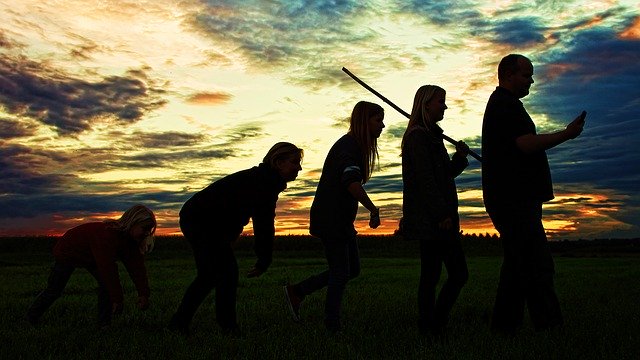In this article written by Bruce Lipton, we are introduced to a new story of evolution which is based on cooperation, interaction, and mutual dependence.
Lipton says that our current society is the reflection of the old theory of evolution which relied on competition. Moreover, Lipton asserts, Francis Crick’s Central Dogma has made our societies a prisoner of its genes. The repetition of the Origin of the Species and The Central Dogma made people forget that these were merely theories and not scientific truths.
But Lipton says that a better, more scientific story of evolution is being uncovered, and it is bringing back freedom to the human species. First, research has shown us that DNAs are not self regulating, and they do not determine the future of the organism [see The Problem With The Human Genome Project]. Second, that the direction of evolution has been to create the most conscious version of an organism through multiplication of cells until it reaches its physical limit (Phase 1). When Phase 1 reaches its limits, the next stage of evolution (Phase 2) requires the cooperation of the individual organisms, with individuals starting to perform different functions for survival, hence giving birth to a new organism.
Implications for AI
Our modern science is showing us that human evolution is nearing its second phase. This can be evidenced by the discovery of the One Mind [see The One Mind and Implications Of The One Mind], or the global consciousness [Lessons From The Global Consciousness Project].
What new organism will be created out of this new realization? How do we change our selves so that we can effectively take part in this stage of evolution? How do we transform our societies so that it can be a vehicle of this rebirth?
Read Original Article

Read Offline
Click the button below if you wish to read the original article offline.
You may also like
-
Science shows power of belief: Mere suggestion of side effects is enough to bring on negative symptoms
-
What really makes you ill?
-
The current moment is an opportunity to break away from the dominant narrative of medicine
-
Gratitude can alter the human heart and molecular structure of the brain
-
Human energy fields and their implications for health
